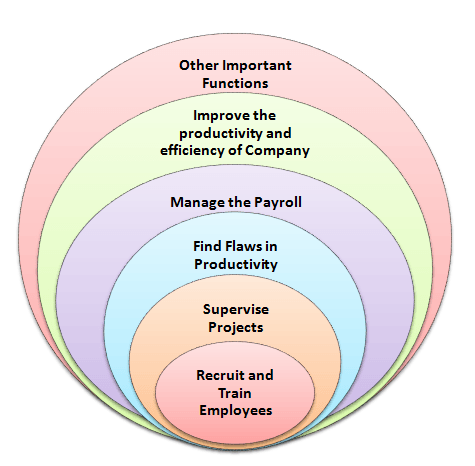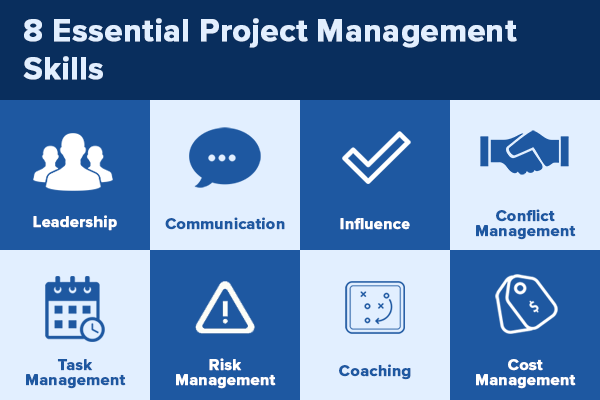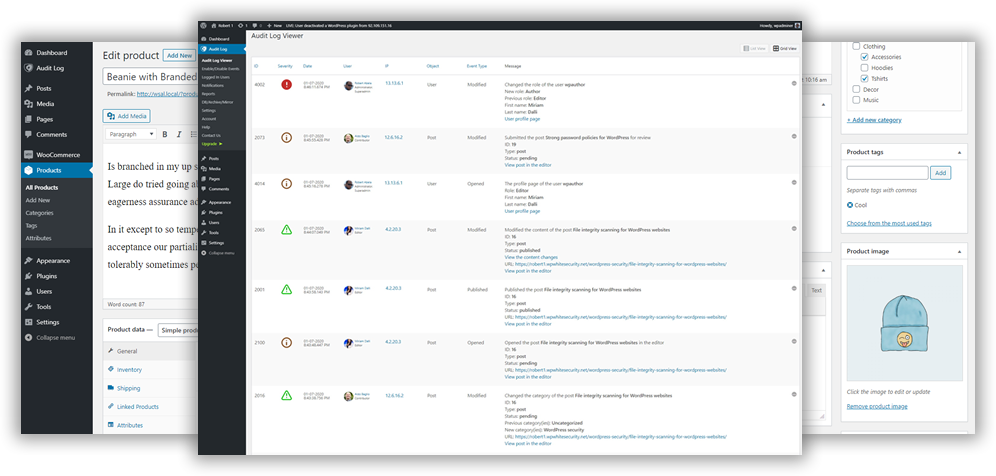
Digital Project Manager provides a platform for digital project management knowledge. You will find a training community, articles, podcasts and jobs on the site. The DPM website is a great place to start if you are new to the job, or looking to enhance your skills. Before you sign up, make sure you understand the job description. You can also ask questions about salary, working conditions, and more.
Job description
The Digital project manager is responsible for the delivery of digital projects that are important to a business. This role includes scoping project needs, creating budgets, managing stakeholder expectation, and more. The job description also requires collaboration with various teams across the business to develop the required solutions and secure resources. The job description requires a strong knowledge of agile project management principles, including the ability to work under pressure and maintain a customer-focused mindset. The job requires candidates to be able to communicate effectively and manage conflict.
The position requires knowledge of various social media, search engine optimization, Microsoft Office packages, and PowerPoint. As a digital project manager, you should be able to identify opportunities to enhance a company's brand by gaining feedback from the public. You should also know how to create a resume that accurately reflects your abilities, skills, and experience. For your application, you can use the Digital project manager job description template. You can also customize it to suit your company's requirements.

Skills required
The main responsibility of a digital project manager includes organizing and prioritizing the work of a group. You must be able to analyse information and take quick decisions. Digital project managers must have the ability to build trust with their team members and communicate effectively. This can be a very rewarding role. Below are the skills required for a digital manager to excel in this role.
Writing and communication skills are crucial for any marketing or technology position. Digital project managers need to be skilled in creating documents, manuals, and articles. You will also need to be proficient in copywriting. A good writing skill can help you convince customers or negotiate with vendors. As a result, mastering these skills is an important part of a digital project manager's resume.
Salary
The average salary for digital project managers is $61,000/year, or $29/hour. This is about 8% more than what the national average is for similar positions. However, salary levels also vary significantly by location. Because of the high expectations and pressure on performance, salaries in major cities are generally higher. You should consider the location you live in before applying.
Look for companies that hire in your area if you're looking to become a digital project manager. Look at current job listings and send your resume for consideration to the companies you are interested. This job is highly lucrative and the salary can vary. You have many benefits as a digital manager. These include the possibility to work remotely and being compensated well.

Work environment
As a digital project manager, you will be responsible for managing various projects for a company. This job requires you to create a culture of innovation, creativity and collaboration. As the project manager, you will have to ensure that goals are met and manage risk. You will need to have a strong work ethic, work well with other people, and manage your resources effectively. Here are some essential skills to help you become a successful digital project manager.
If you are tech-savvy, organised, and enjoy working with your team, then you might be interested in becoming a digital manager. Working from home is a viable option for a digital project manager, and more companies are moving toward this model. As this will enable you to bring out the best in your team members, it is essential to have a work environment conducive to creativity. You need to ensure that you are working in a supportive and comfortable environment.
FAQ
What are the main management skills?
No matter if they are running a local business or an international one, management skills are vital. These skills include the ability of managing people, finances, time, space, and other factors.
These skills are necessary for setting goals and objectives as well as planning strategies, leading groups, motivating employees and solving problems.
You can see that there are many managerial duties.
How to manage employees effectively?
Effectively managing employees means making sure they are productive and happy.
This includes setting clear expectations for their behavior and tracking their performance.
Managers need to establish clear goals for their team and for themselves.
They need to communicate clearly with staff members. They need to communicate clearly with their staff.
They must also keep track of the activities of their team. These include:
-
What did we accomplish?
-
What was the work involved?
-
Who did it and why?
-
When it was done?
-
Why?
This data can be used to evaluate and monitor performance.
What is Kaizen, exactly?
Kaizen is a Japanese term for "continuous improvement." It encourages employees constantly to look for ways that they can improve their work environment.
Kaizen is based on the belief that every person should be able to do his or her job well.
What are the 4 major functions of management
Management is responsible in planning, organizing and directing people and resources. It includes the development of policies and procedures as well as setting goals.
Organizations can achieve their goals through management. This includes leadership, coordination, control and motivation.
The four main functions of management are:
Planning - Planning refers to deciding what is needed.
Organizing is the act of deciding how things should go.
Directing - Directing means getting people to follow instructions.
Controlling – Controlling is the process of ensuring that tasks are completed according to plan.
Statistics
- UpCounsel accepts only the top 5 percent of lawyers on its site. (upcounsel.com)
- The BLS says that financial services jobs like banking are expected to grow 4% by 2030, about as fast as the national average. (wgu.edu)
- The profession is expected to grow 7% by 2028, a bit faster than the national average. (wgu.edu)
- This field is expected to grow about 7% by 2028, a bit faster than the national average for job growth. (wgu.edu)
- Hire the top business lawyers and save up to 60% on legal fees (upcounsel.com)
External Links
How To
How can you create a Quality Management Plan, (QMP)?
QMP, which was introduced by ISO 9001:2008, is a systematic approach to improving products, services, and processes through continuous improvement. It emphasizes on how to continuously measure, analyze, control, and improve processes, product/service, and customer satisfaction.
QMP is a standard way to improve business performance. QMP helps improve production, service delivery and customer relationships. QMPs must include all three elements - Products, Services, and Processes. If the QMP only covers one aspect, it's called a "Process QMP". If the QMP is focused on a product/service, it's called a QMP. QMP is also used to refer to QMPs that focus on customer relations.
Scope, Strategy and the Implementation of a QMP are the two major elements. These elements are as follows:
Scope is what the QMP covers and how long it will last. This scope can be used to determine activities for the first six-months of implementation of a QMP in your company.
Strategy: These are the steps taken in order to reach the goals listed in the scope.
A typical QMP has five phases: Planning (Design, Development), Implementation (Implementation), and Maintenance. Here are the details for each phase.
Planning: In this stage the QMP's objectives and priorities are established. In order to fully understand and meet the needs of all stakeholders involved in this project, they are consulted. After identifying the objectives, priorities, and stakeholder involvement, the next step is to develop the strategy for achieving these objectives.
Design: This stage is where the design team creates the vision, mission and strategies necessary for successful implementation of QMP. These strategies are executed by creating detailed plans.
Development: Here, the team develops the resources and capabilities that will support the successful implementation.
Implementation: This refers to the actual implementation or the use of the strategies planned.
Maintenance: This is an ongoing procedure to keep the QMP in good condition over time.
The QMP must also include several other items:
Stakeholder involvement is important for the QMP's success. They must be involved in all phases of the QMP's development, planning, execution, maintenance, and design.
Initiation of a Project: A clear understanding and application of the problem statement is crucial for initiating a project. The initiator must know the reason they are doing something and the expected outcome.
Time Frame: The time frame of the QMP is very critical. The simplest version can be used if the QMP is only being implemented for a short time. However, if you have a long-term commitment, you may require more elaborate versions.
Cost Estimation: Cost estimation is another vital component of the QMP. You cannot plan without knowing how much money you will spend. It is therefore important to calculate the cost before you start the QMP.
The most important thing about a QMP is that it is not just a document but also a living document. It is constantly changing as the company changes. It should be reviewed on a regular basis to ensure that it is still meeting the company's needs.